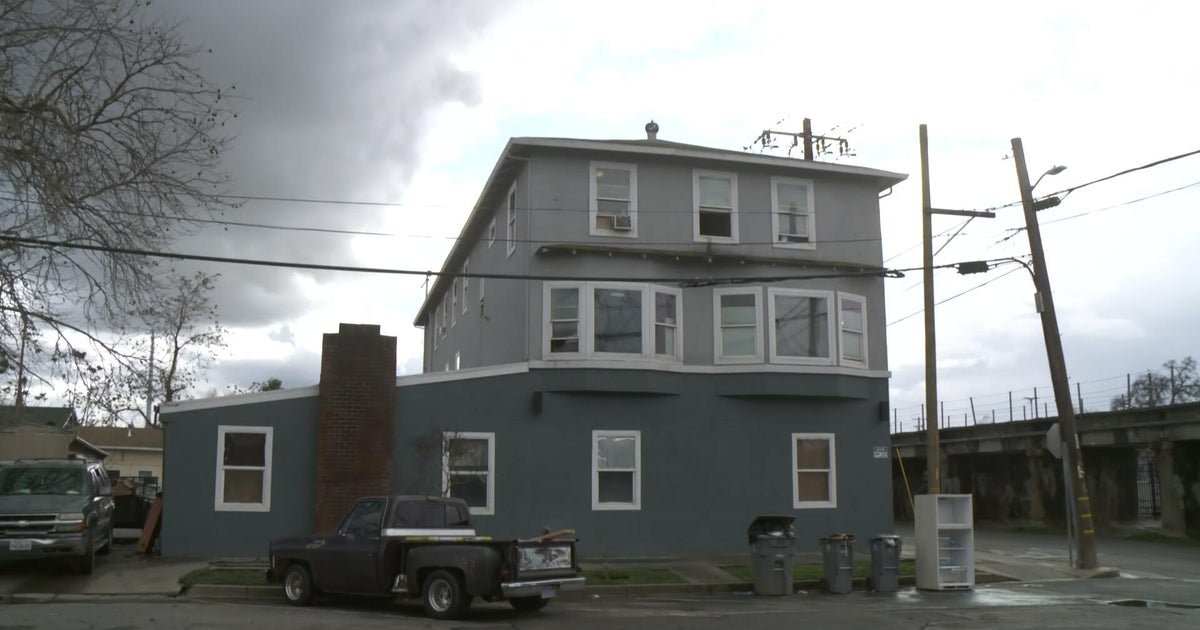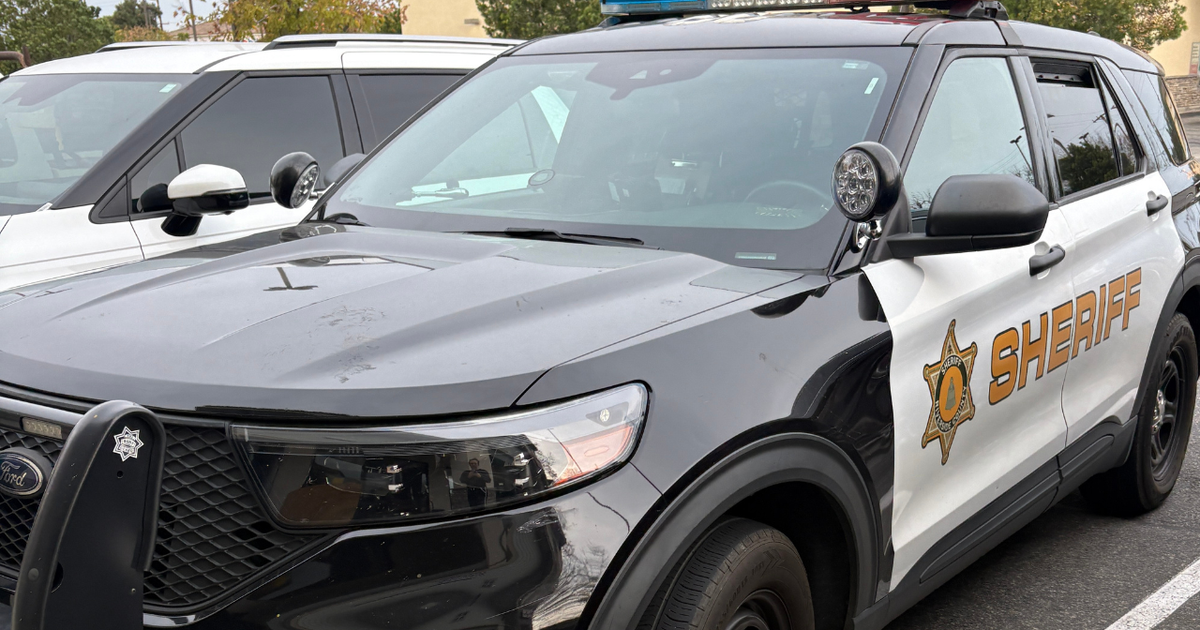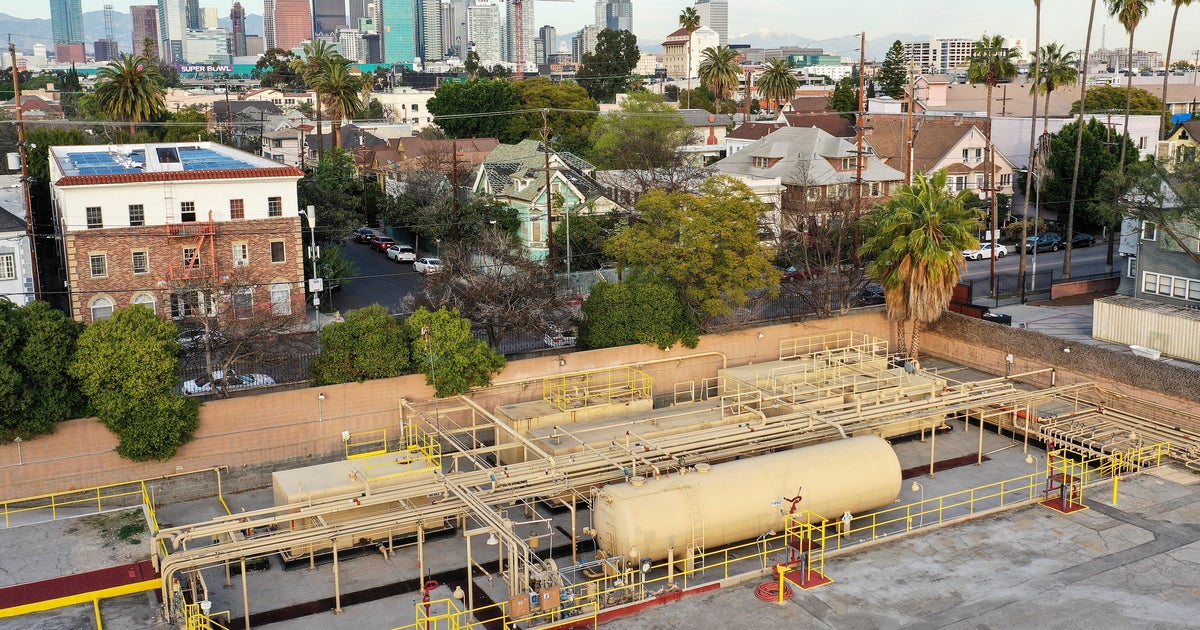New year brings in new laws for smoke detectors, with must-have 10-year 'hard wired' alarms
CHICAGO (CBS) -- The new year will bring new laws, including one that means you might need to update your home smoke alarms.
CBS 2's Shardaa gray on how to know if your detector needs replaced, and what happens if you don't do it.
Come January 1st, Illinois residents will have a new smoke alarm law to follow.
"Any home that has a smoke alarm that is not hardwired, it's using a 9-volt battery, not hardwired. When their current smoke alarms expire, they need to begin replacing them with 10-year sealed battery smoke alarms."
Under the new fire safety smoke detector act, landlords and business owners need updated devices as well and anyone could be fined up to $100 if it's discovered they have an old alarm.
Phillip Zaleski is the executive director with the Illinois Fire Safety Alliance. He's been pushing for this new bill to be updated. Zaleski said with the 10-year-sealed smoke alarm, you don't have to worry about replacing batteries.
"Which is where we see unfortunately a lot of the residential fire injuries and deaths occur is in those homes that have the older models and the smoke alarm batteries have been removed because they're using them for a remote control or a video game console," Zaleski said.
The Illinois Fire Safety Alliance said 70% of fires in the state are due to smoke detectors that don't work.
The law does give a pass to buildings built after 1988.
"As long as they're hardwired, they're exempt from the law. The only other exemption is if they have some sort of connectivity that can be done with google, nest; any of those smart devices where the alarms are interconnected wirelessly," Zaleski said.
According to the U.S. Fire Administration, this year, from January 1st to December 19th, there have been 82 residential fire deaths in the state. In Chicago, they've been 21. Last year there were 97 deaths in the state and 20 in Chicago.
The old smoke detectors with the removeable batteries cost less, but if you replace those batteries every six months, over 10 years you will pay an extra $40 to $60 dollars for batteries. The new 10-year detectors cost $15.







